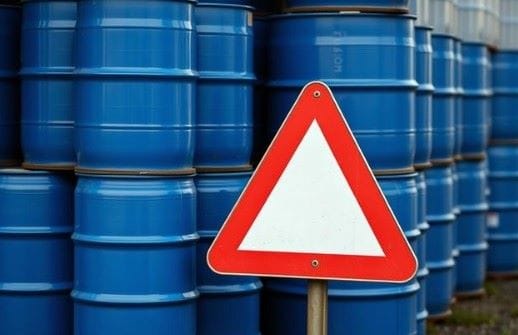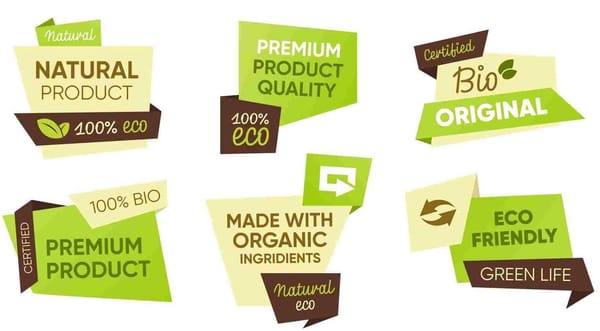
When a Weakened European Chemical Industry Met CBAM
How will chemical and raw material sourcing be impacted now that tighter EU environmental rules have been enforced?


How will chemical and raw material sourcing be impacted now that tighter EU environmental rules have been enforced?

The 4 biggest raw material sourcing risks and how chemical buyers can stay competitive.

How the power of information can result in chemical industry profit.

How raw material prices, manufacturing trends, global politics, and regional policy will impact the same industry differently on both sides of the pond.

How shopping for Christmas presents and sourcing industrial feedstocks and chemicals is actually the same challenge.

Why industrial chemical traders should expect a reshaped, not a vanishing “forever chemicals” market.

As the cost–benefit equation shifts, can there still be value in producing and trading “forever chemicals”?

Will new safety limits on cobalt processing further undermine Europe’s chemical industry?

What impact will the new EU-Australian deal have on the chemical industry?

How rare earths can now be extracted with viruses.

From regulation to revenue: the business case for sustainable trading.

Practical ways for chemical traders to turn eco-friendly into a deal maker.